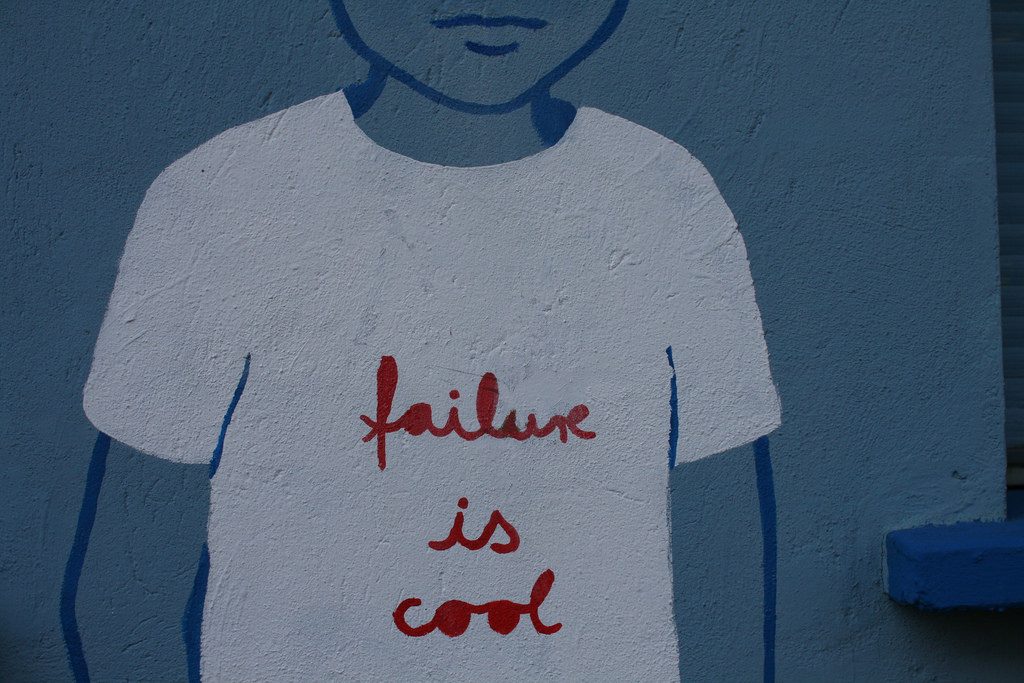
by Kofi (Student Blogger: BA Law (Lancaster University Ghana)
The general perception of failure is negative. Why not? We are accustomed to attaching a negative connotation to it and it’s just not glamorous. When we think failure, we think of shame and humiliation. What will my friends think of me? Will anyone spot or make me out in the re-sit examination hall? These thoughts rush through our minds and leave us feeling low with defeat and hopelessness. I know this because I’ve faced it too and from time to time still experience it. Hey, I never said I was perfect.
We tend to focus more on the negative aspect of failure than the positive – but it doesn’t have to be that way! That’s why I thought I’d share my approach on how to deal with failure in school, be it coursework submission or an examination paper:
Breathe. The first step is to breathe. It’s not the end of the world, relax. Don’t beat yourself up. Take your mind off it by doing something that makes you happy and sane. My go-to in this case is my music. I have a playlist for every occasion and at this time my ‘YOU CAN DO IT’ playlist comes in handy. I listen to my music and it empowers and assures me that I’m more than a failure and sometimes you just have to lose to win again. This is not you trying to forget the failure but rather just a temporary escape to ease your mind. Again, as Jay Z puts it: ‘You learn more in failure than you ever do in success’.
Inquire and note what went wrong. Lecturers are not there to fail us purposely and the belief that they delight in dishing out F grades is inaccurate. However, if the quality of work submitted is not up to standard, they will have to give you what you deserve, which is better than they misleading you with a good grade. Once you talk to the lecturer about it and understand why you got a bad grade, you’ll never repeat the same mistakes again because you understand now. This is often the most difficult part of the post-failure process, because it requires you to look your failure in the face and note your mistakes.
Learn from the experience. Every experience is a learning curve whether pleasant or not. Reflection after failing is vital. Ask yourself critical questions like: Why did I fail? What went wrong? Did I start revising too late? Did I really understand what was taught in class? Answering these questions gives you insight to the way forward for you. Reflecting on the experience gives you the ins and outs of the situation. It also helps you take steps to avoid making the same mistakes. For instance, in the case of it being a bad grade in an examination, you just have to step up and change the prepping routine you used before; for example, you can start preparing for exams 6 weeks prior to it.
Above is how I normally deal with failure. The more I encounter failure, the more I learn, grow and improve. This doesn’t mean we should plan and settle for failure. Basically, all I’m trying to say is when you invest time and effort into assignments and the grade that follows is unexpected, it should be a learning experience. ‘When life gives you lemons, make lemonade’!
